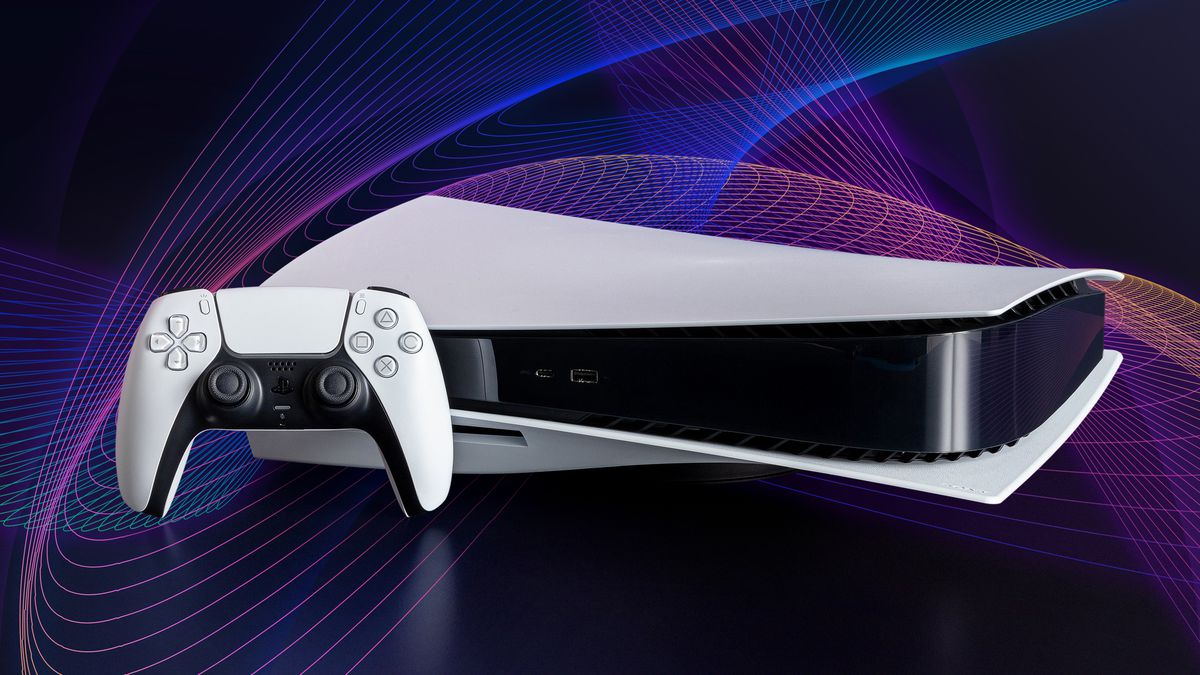The gaming industry is no stranger to rapid advancements in technology. Over the years, we’ve witnessed the transition from 2D sprites to lifelike 3D graphics, the emergence of virtual reality, and the rise of mobile gaming. In this ever-evolving landscape, cloud gaming has emerged as a disruptive force with the potential to reshape the future of gaming consoles.
Understanding Cloud Gaming
Cloud gaming, often referred to as game streaming or game-as-a-service, is a technology that allows players to stream games over the internet, eliminating the need for powerful local hardware. Instead of running games on a physical console or gaming PC, the processing happens on remote servers in data centers. The video and audio output are then streamed to the player’s device, while their inputs are sent back to the server.
Accessibility and Convenience
One of the most significant impacts of cloud gaming on the future of consoles is the increased accessibility and convenience it offers to gamers. With cloud gaming, players no longer need to invest in expensive gaming hardware or worry about system requirements. All that’s required is a compatible device, a stable internet connection, and a subscription to the cloud gaming service. This accessibility opens up gaming to a broader audience, including those who might not have been able to afford high-end consoles or gaming PCs.
Evolving Business Models
Cloud gaming has led to the development of new business models in the gaming industry. Rather than purchasing physical copies of games or downloading large game files, players can subscribe to services that offer access to a library of games. This subscription-based model is similar to streaming services for movies and TV shows, providing gamers with a diverse range of titles for a monthly fee.
Cross-Platform Play and Ecosystems
Cloud gaming has the potential to break down the barriers between different gaming platforms. Players can seamlessly switch between gaming on a console, a PC, or a mobile device without losing their progress. This cross-platform play and interoperability strengthen gaming ecosystems, allowing players to connect and play with friends, regardless of their preferred gaming device.
Challenges and Considerations
While cloud gaming offers numerous benefits, it also faces challenges, including concerns about latency, internet infrastructure, and data privacy. Achieving low-latency gaming experiences is crucial, especially for competitive gaming, and relies heavily on the quality of a player’s internet connection and the proximity to data centers.
Moreover, the growing popularity of cloud gaming has prompted console manufacturers to adapt. Companies like Microsoft and Sony have introduced cloud gaming services as part of their gaming ecosystems, ensuring that traditional consoles remain relevant in the era of cloud gaming.
Conclusion
Cloud gaming is undeniably making a profound impact on the future of gaming consoles. Its accessibility, convenience, and innovative business models are reshaping how we play and experience games. As technology continues to improve, and as more players embrace cloud gaming, the boundaries between console gaming and cloud gaming are likely to blur further, promising a future where the choice of gaming device is more flexible than ever before.

